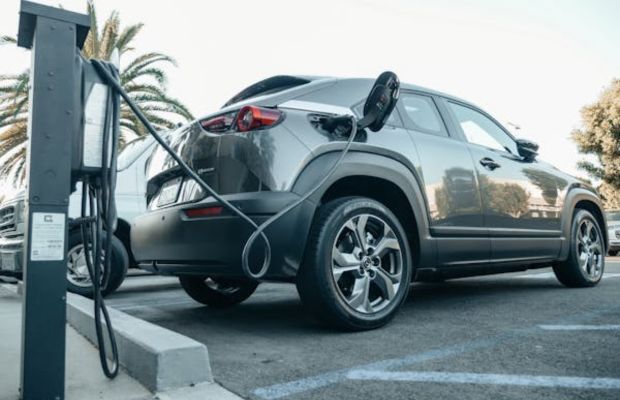The United Nations Economic Commission for Africa (UNECA) has teamed up with partners in China to launch a groundbreaking initiative aimed at fostering the growth of electric vehicles (EVs) and energy storage technologies across Africa. This initiative, announced in collaboration with the Global Energy Interconnection Development and Cooperation Organization (GEIDCO) and the Association of Power Utilities of Africa (APUA), aims to provide comprehensive training on EVs and energy storage technologies to facilitate sustainable development in Africa.
The training program, which began on June 4th and runs until June 14th, is being conducted virtually and has attracted over 140 participants from 25 African countries. Participants come from various sectors including transport and energy ministries, energy commissions, power companies, academia, and other continental development organizations.
Hanan Morsy, deputy executive secretary and chief economist at UNECA, highlighted the significant potential of EVs in mitigating climate change, transitioning towards clean energy, and developing value chains. She reiterated UNECA’s commitment to supporting African member states in EV development, energy transition, and industrialization through a holistic approach.
Liu Xiaoming, counselor of the Mission of China to the African Union, emphasized China’s dedication to promoting cooperation with Africa in EVs and energy storage technologies. This includes sharing experiences, transferring technology, and fostering partnerships between Chinese and African enterprises to support Africa’s energy transition.
The training program is part of a broader initiative by UNECA, GEIDCO, and APUA to establish a platform for collaboration on EVs and energy storage technologies. Following the training, country-specific analysis and roadmap planning on EVs and energy storage technologies will be conducted as needed.
Wu Xuan, secretary general of GEIDCO, underscored the potential for African countries to leverage renewable energies and critical mineral resources to drive industrialization and sustainable development. By developing local value chains and promoting electrification in tandem with industrialization, African countries can harness their natural resources for economic growth.
The training modules cover a wide array of topics including charging infrastructure, network security, energy storage, EV standards and initiatives, electric public transportation systems, agricultural EVs, value chains, maintenance, and battery reliability.

